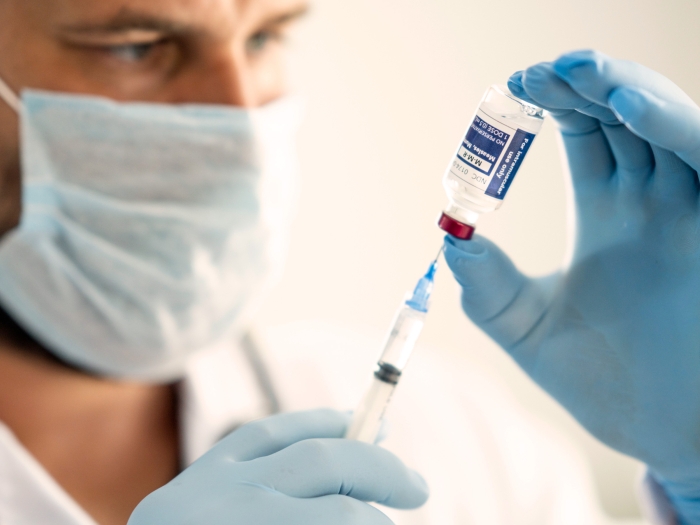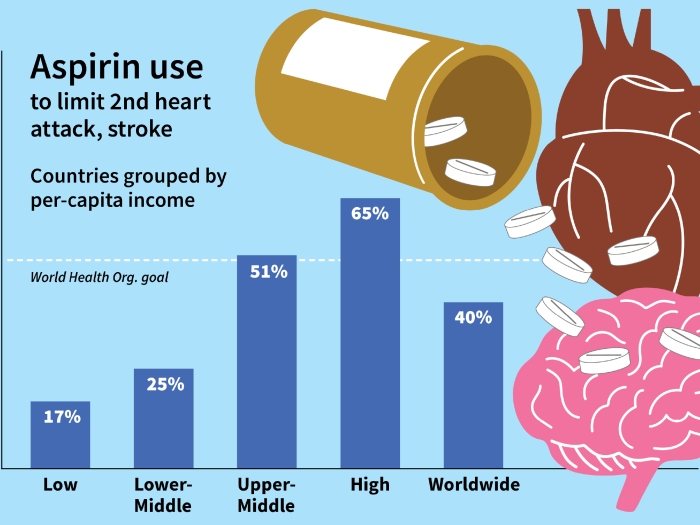Researchers call for a response to current and future pandemics to reduce unintended harm upon other patients needing early diagnosis and intervention.
1:50 PM
Author |

A new research letter reveals fewer people have been admitted to stroke centers in Michigan and northwest Ohio since the onslaught of the COVID-19 pandemic, and even fewer patients have received the life-saving procedure, mechanical thrombectomy, for the most severe form of ischemic stroke.
The authors call COVID-19's negative influence on other critical illnesses including stroke the bystander effect.
"Stroke is a disease where minutes count and thus delay in presentation to the hospital as well as strains in personnel and facility resources may have led to the bystander effect," says lead author Aditya Pandey, M.D., associate professor of neurosurgery at Michigan Medicine.
In the letter, Pandey and colleagues from Michigan Medicine and across the state's Michigan Stroke Treatment Improvement Collaborative reported a significant reduction in ischemic stroke admissions in March when compared to both February of this year (17.8%) and to March of 2019. Similarly, procedures for the most severe ischemic strokes, mechanical thrombectomy, significantly declined this March compared to February 2020 and March 2019.
"A combination of patient fears, stringent patient transfer criteria, and health system strains may have contributed to lower ischemic stroke admissions as well as the near disappearance of thrombectomy procedures," the authors write.
The differences were most pointed in number of ischemic stroke admissions and thrombectomy procedures, authors say, while there was less of a change compared to past months for hemorrhagic stroke.
Paper cited: "Letter: COVID-19 Pandemic—The Bystander Effect on Stroke Care in Michigan," Neurosurgery. DOI: 10.1093/neuros/nyaa252

Explore a variety of healthcare news & stories by visiting the Health Lab home page for more articles.

Department of Communication at Michigan Medicine
Want top health & research news weekly? Sign up for Health Lab’s newsletters today!





